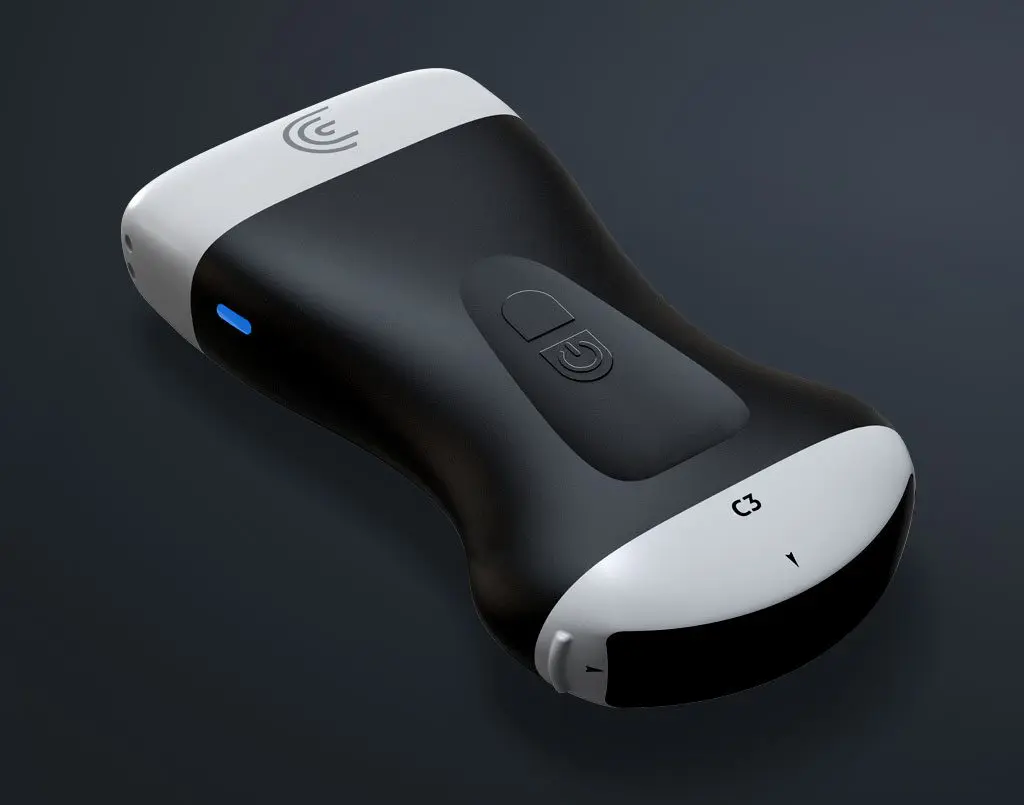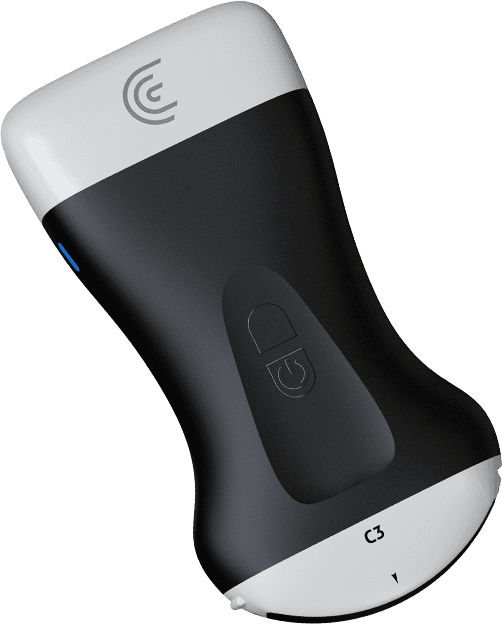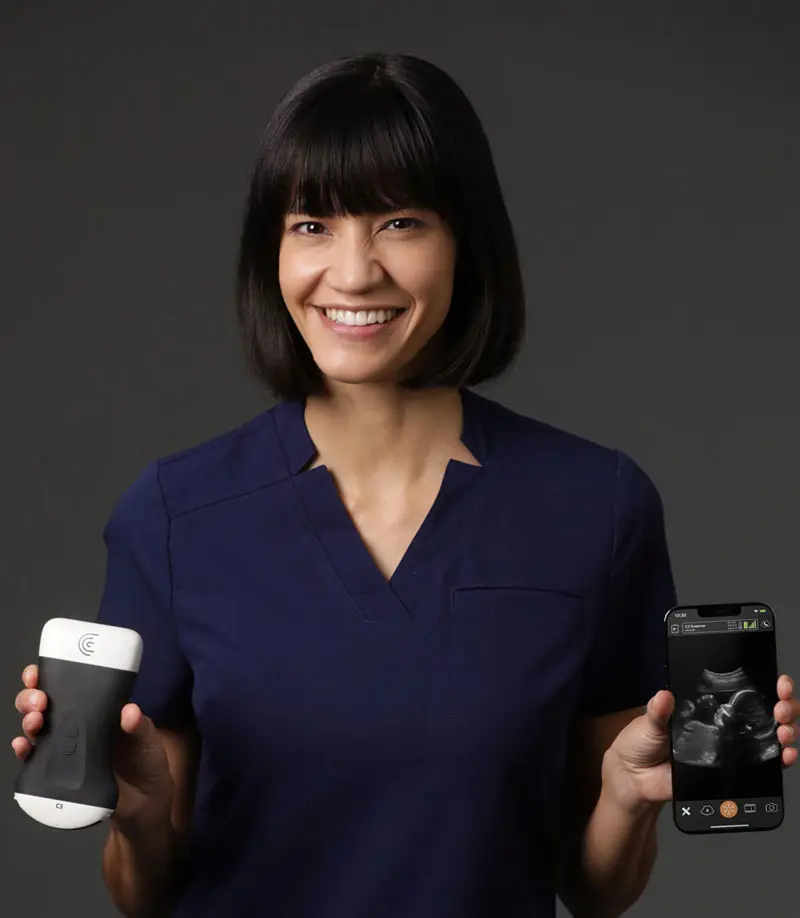Arshad Rahim, MD, MBA, FACP on Increasing Value-Based Care Through Operational Excellence
Arshad Rahim, MD, MBA, FACP is one of those rare MD/MBAs that looks at medicine through a business strategy lens. He admittedly splits his identity into thirds: service worker, economist, and innovative business builder, and he brings that split to Mount Sinai as the Chief Medical Officer and Senior VP of Population Health, looking to make value-based healthcare more effective and prolific.
“I was interested in the strategy, the operations, all of it. The new world of the CMO is doing that. It’s not just pure administrative or checkbox. It’s really about change transformation. That’s true whether it’s in the private sector or in the not-for-profit sector, large health systems,” said Arshad in a recent podcast episode. “Then with the value equation, with it being outcomes over cost, I said, ‘Okay, you know what? I want to get to the cost side,’ because the economist in me was like, ‘Okay, I think we can really do something here.'”
On a recent episode of our Healthcare Disruptors podcast, Arshad talked about how to bring more value-based care to patients through better operational processes, technology, and righting the inverted pyramid to prioritize primary care.
The Need for More Value-Based Care
When it comes to the “state of the union” on healthcare disruption and moving from fee-based to value-based, Arshad says “the honeymoon’s over.” In other words, now’s the time to take action on bringing a value-based healthcare system to fruition.
“It makes total sense that this is the way care should be provided now. The way we’ve been delivering care since the advent of Medicare, maybe even before, and especially since the advent of Medicare and the DRG system in the ’80s, has been very fee-for-service,” he says in the episode. “Healthcare change sometimes feels like it’s not a motorboat that you’re speeding around, it’s like an oil tanker you’re trying to move sometimes. It takes a while.”
However, there are significant processes needed to do that, and value-based healthcare systems require operational excellence to make a difference, not just strategy. Arshad advises treating it like a business, focusing on productivity, outcomes, efficiency, and delivery measurement. Ultimately, there’s a lot of spending on healthcare today with little return, and “we need to get a lot more health for the amount of healthcare we deliver.”
How Technology Can Help
In order to accelerate value-based healthcare, technology must be part of it, especially in serving care delivery pathways and operations. One of the key areas where it can deliver results is with workforce optimization and efficiency, and the “marriage of technology with human capital.”
Of course, adopting handheld ultrasound can accelerate value-based care as well, and serve as a differentiator for your hospital or clinic. He explains that when it comes to handheld ultrasound, “it’s important for hospitalists to be able to get that skill. It’s so much more empowering to be able to appropriately stick a needle in somebody for the variety of reasons you would and to do that with visualization as opposed to totally blind. The benefit is immeasurable. Every hospitalist should have some comfort with using handheld ultrasound.”
Righting the Inverted Pyramid
Healthcare systems should also have a strong base of primary care that narrows upwards into experts and specialists. But Arshad points out that in some places in the US, that pyramid is inverted, leading to an oversaturation of specialists and not enough access or availability to primary care. Or people skip primary care altogether.
That’s one area where reimbursements can incentivize different behavior, because, as he explains, “if the money is not flowing in the right way for the solution, it will destroy whatever approach you’re taking. … Ultimately we can’t have the four- and five- and six-to-one specialist to PCP ratios of usage. For every one PCP visit, someone may see five specialists. I think that is not the way to go. We could serve more people.”
Conclusion
Healthcare systems need more operational excellence and a business mindset if they hope to continue turning the ship towards value-based care, as well as technology like handheld ultrasound to accelerate that value-based care. It will take time, but Arshad is already creating change through his service worker, economist, and innovative business builder approach.
Listen to the full interview with Arshad Rahim on the new season of our Healthcare Disruptors podcast.





